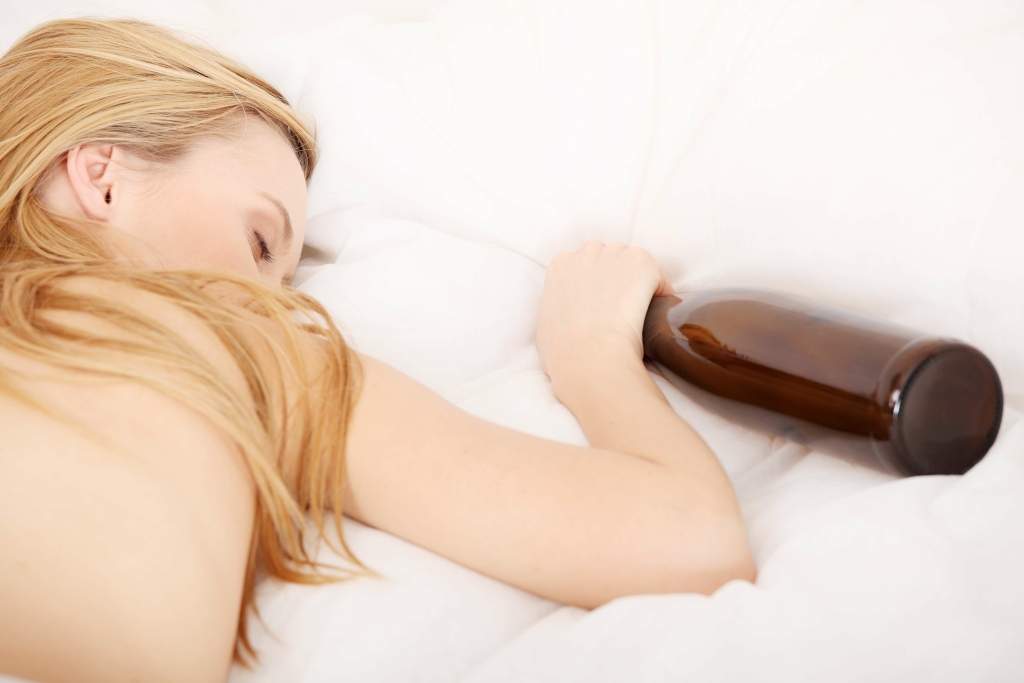These bean-shaped organs filter waste products, excess fluids, and toxins from the blood to form urine. Excessive drinking causes dehydration that may lead to the development of kidney stones. You increase your chances of developing kidney stones when you lead a sedentary lifestyle and have imbalanced diet. When you drink excessively, there will be an increase in the production of urine, which will make kidney stones to move rapidly, causing severe pain.
How drinks affect your bladder and bowel

Although the kidneys have a regenerative capacity, there are Alcoholics Anonymous limits to their recovery. Extended and severe conditions, such as CKD or kidney failure, might be irreversible. Treatment options such as dialysis or kidney transplantation may become necessary (20). These compounds may cause oxidative stress and inflammation that damage kidney structures (16, 17, 18). On top of that, oxidative stress can worsen existing kidney problems. If the condition becomes severe, it will ultimately lead to kidney failure.
- Consult with your doctor before proceeding with any sort of treatment measures.
- A blockage stops urine from draining from the kidney to the bladder.
Drinking Alcohol and Kidney Disease Risks
- Consulting a healthcare professional for concerns about alcohol use or kidney health is advisable.
- The kidneys are two bean-shaped organs, each about the size of a fist, located just below the rib cage on either side of the spine.
- This type of urinary tract infection begins in your bladder or urethra and spreads to one or both kidneys.
- Pain in the kidneys may indicate more significant health problems.
- Understanding the functions of the kidneys and how alcohol consumption affects them is essential.
When you drink, your kidneys work overtime to filter out and excrete the additional fluid. This can cause dehydration, forcing your kidneys to work harder and increasing the concentration of toxins in your urine. However, even these definitions are not perfect, as individuals process alcohol differently. Factors like metabolism, body weight, overall health, medications and more can influence the impact of alcohol on each person. Although moderate drinking might be acceptable for some, even small amounts of alcohol can harm someone with certain risk factors or pre-existing health conditions. Some data rehabs suggests that alcohol consumption and kidney does alcohol kill kidneys stones could be related.
- Therefore, the liver experiences both an increase in urine production and a decrease in hydration.
- However, chronic kidney disease that develops over years of heavy drinking may not be fully reversible.
- Alcohol can stimulate detrusor muscle contractions, which are the involuntary squeezes of the bladder muscle that lead to a sudden, strong urge to urinate.
- Normally, if your liver is painful, you should feel it on the right side of your abdomen.
- While these symptoms can indicate that kidney disease may be present, they cannot be used to diagnose kidney disease.
What Is Kidney Pain?

Studies https://esteemcare.com.au/how-to-learn-self-control-with-alcohol/ have shown that alcohol intake can enlarge and alter cells in the organ’s tubules. Thus, through alcohol’s interference in kidney function it is able to cause destruction in many other areas of the body. Alcohol is a diuretic that causes you to urinate more and become dehydrated, especially if you’re drinking a lot. Here are a few factors that can affect how much you pee when you drink alcohol.

Kidney damage from alcohol can be reversed by reducing alcohol intake
The immediate effect of alcohol causes blood pressure to drop, followed by a massive increase in pressure. Many individuals experience bladder discomfort or pain after consuming alcohol. Understanding why alcohol causes these sensations involves exploring its direct effects on the bladder and how it interacts with existing urinary tract conditions. Some people may experience substantial recovery with lifestyle changes, while others may face more significant challenges in regaining kidney function. Symptoms of kidney damage resulting from excessive alcohol consumption can manifest in many different ways.
